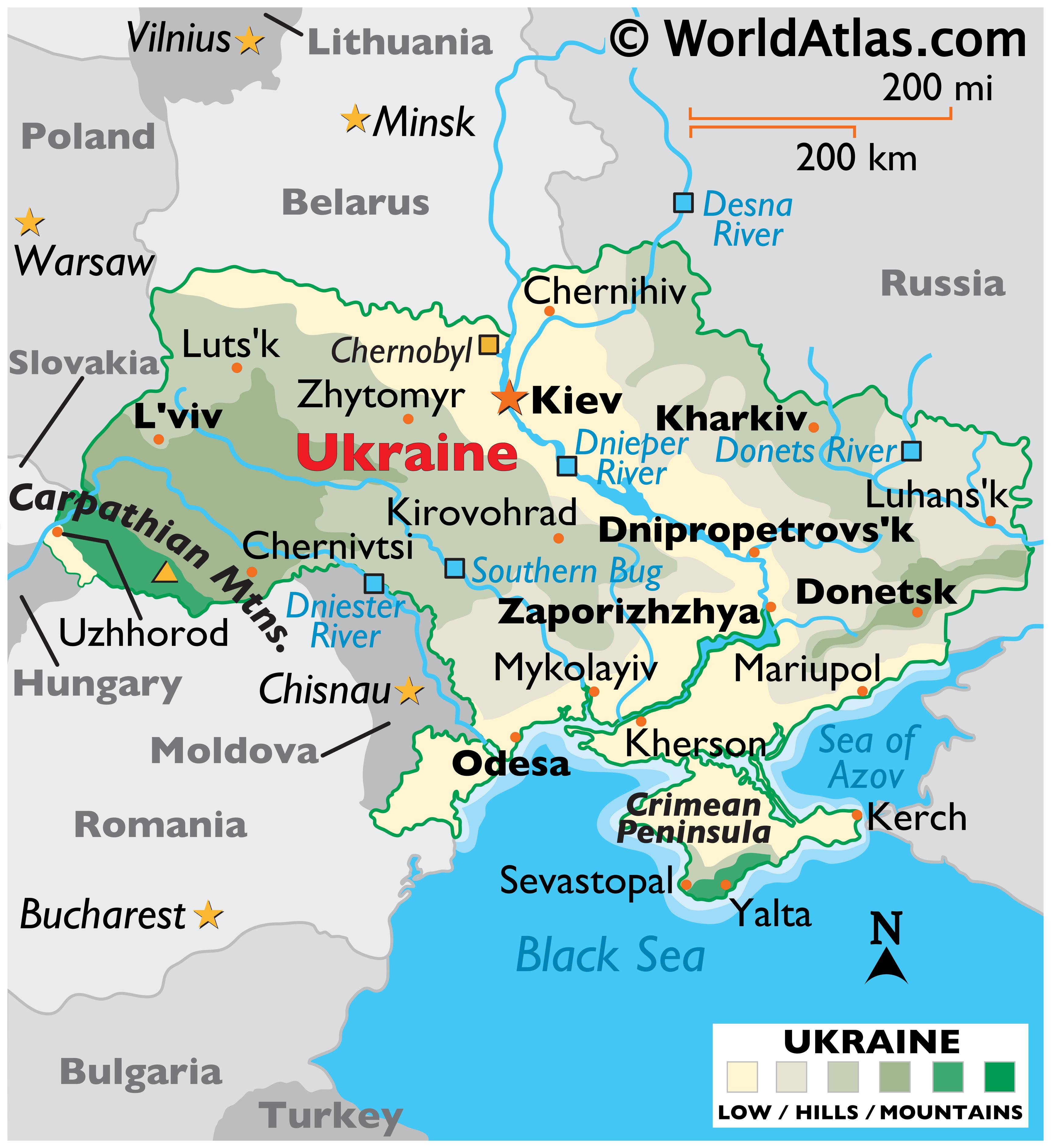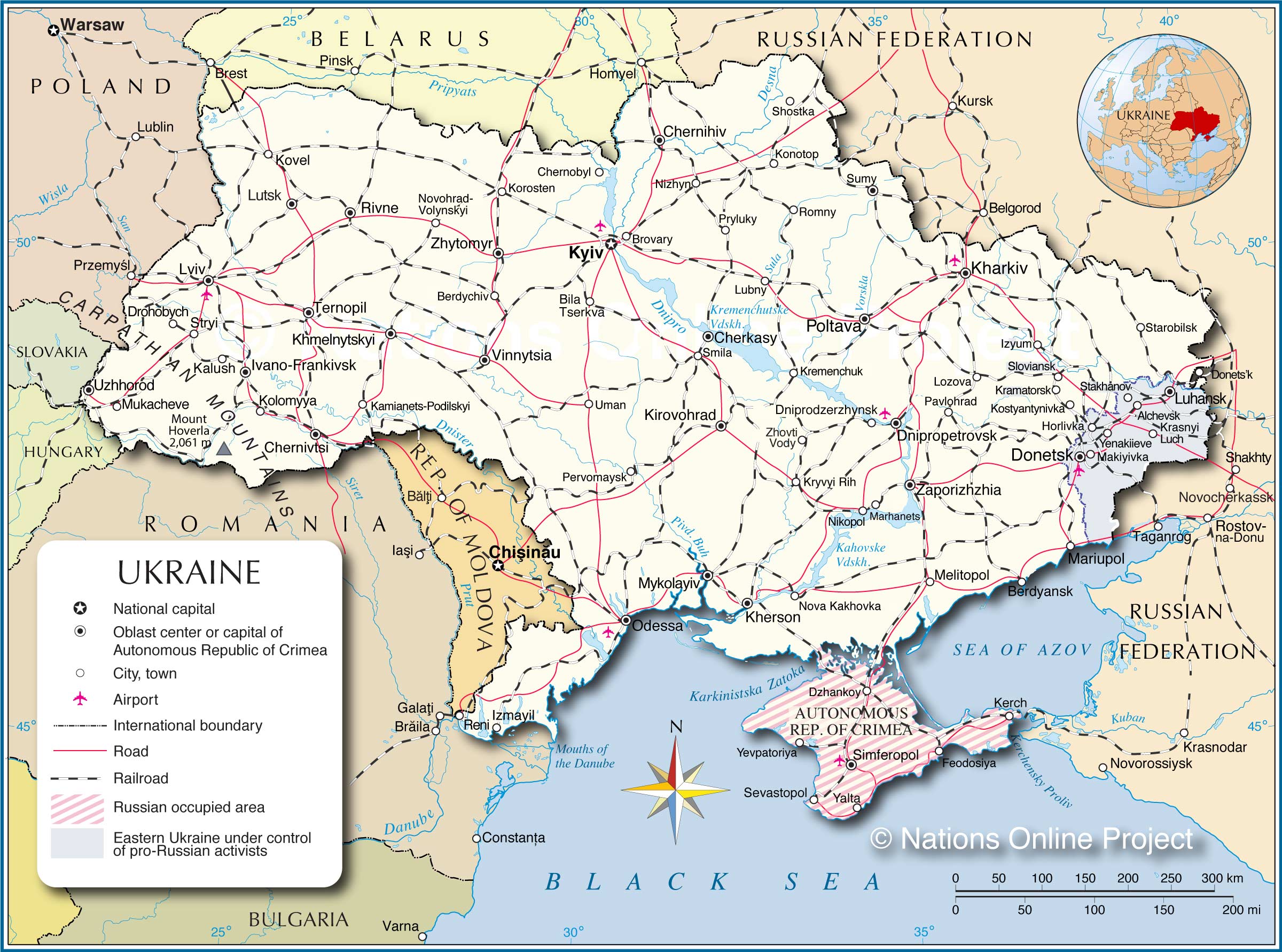Ukraine Iran Relations: Unraveling A Complex Geopolitical Tapestry
The Foundations of Diplomacy: Early Ukraine-Iran Relations
To fully appreciate the current state of Ukraine Iran relations, it is essential to look back at their origins. The Islamic Republic of Iran recognized Ukraine as an independent sovereign state on December 25, 1991, a mere four months after the Ukrainian SSR issued its Act of Declaration of Independence amidst the tumultuous dissolution of the Soviet Union. This swift recognition laid the groundwork for formal diplomatic relations, which were officially established on January 22, 1992. For nearly three decades, the relationship, while not always front-page news, remained largely constructive.A Shared Path to Sovereignty: Post-Soviet Era
In the nascent years following the collapse of the Soviet Union, both Ukraine and Iran found common ground in their shared desire to protect their territorial and political independence from stronger external powers. This mutual understanding fostered a period of largely positive interactions. Emily Hawthorne, a senior Middle East and North Africa analyst with the RANE Risk, noted that "relations between Ukraine and Iran have been largely positive since Iran recognised Ukraine following the breakup of the Soviet Union, as both countries share a desire to protect their territorial and political independence from stronger external powers." This sentiment underscores a foundational aspect of their early engagement: a pragmatic alignment based on sovereign self-interest. While specific details of their cooperation often flew under the radar of major international headlines, the underlying current was one of respect for national autonomy and the pursuit of independent foreign policies. Economic ties, though not always massive, also developed steadily, providing a tangible benefit to both nations.A Shifting Geopolitical Landscape: The Ukraine War's Impact
The relatively stable and cordial **Ukraine Iran relations** faced an unprecedented challenge with Russia's full-scale invasion of Ukraine in February 2022. This conflict acted as a profound catalyst, dramatically altering geopolitical alignments across the globe. As the West rallied in support of Ukraine, imposing stringent sanctions on Russia, Moscow found itself increasingly isolated. It was in this context that Iran emerged as one of Russia's most steadfast allies, a development that sent shockwaves through Kyiv and its Western partners. This pivot by Tehran fundamentally reshaped the dynamics of its relationship with Ukraine, moving it from one of quiet cooperation to overt antagonism. The strategic calculations of both nations were suddenly and drastically redefined, with the war in Ukraine becoming the central, undeniable factor.Iran's Emergence as a Steadfast Russian Ally
The reasons behind Iran's decision to align so closely with Russia are multifaceted. For Tehran, supporting Moscow offered a pathway to counter Western pressure, particularly concerning its nuclear dossier, which remains a looming shadow for the West, whose focus is now firmly fixed upon Ukraine. This alliance also provided Iran with an opportunity to gain leverage and potentially secure much-needed military and economic assistance. Iran now provides Russia with vital industrial goods that help Russia address wartime constraints, directly impacting Moscow's ability to sustain its military efforts. Such support helps prolong Russia’s ability to wage war in Ukraine, a reality that Ukrainian officials view with deep concern. This deepening partnership between Tehran and Moscow has thus become a critical factor in the ongoing conflict, directly influencing its duration and intensity, and consequently, souring the diplomatic ties between Tehran and Kyiv to an unprecedented degree.The Military Dimension: Drones and Deepening Ties
The most tangible and devastating aspect of Iran's support for Russia has been the provision of military hardware, most notably armed drones. This military assistance has not only altered the battlefield dynamics in Ukraine but has also served as the primary catalyst for the rapid deterioration of **Ukraine Iran relations**. The evidence of Iranian-made drones being used against Ukrainian targets, both military and civilian, has been irrefutable, leading to widespread condemnation from Kyiv and its international allies. This direct involvement in the conflict, even if indirect through Russia, has been perceived by Ukraine as an act of hostility, betraying the previously cordial ties.The Devastating Impact of Iranian Drones on Ukraine
Iran aided the Kremlin with badly needed drones in the first year of its Ukraine invasion. By the end of 2022, Russia had used hundreds of these drones on Ukrainian military positions as well as civilian infrastructure, causing widespread destruction and loss of life. These unmanned aerial vehicles, particularly the Shahed-136 "kamikaze" drones, proved to be a cost-effective weapon for Russia, allowing them to strike deep into Ukrainian territory, target energy infrastructure, and terrorize civilian populations. Beyond the immediate battlefield impact, the partnership has deepened significantly, with Iran helping Moscow build out a critical factory to make drones at home and inking a new strategic partnership. This level of military cooperation not only prolongs the conflict in Ukraine but also raises serious concerns about the future of global security and the proliferation of advanced military technology, further cementing the negative trajectory of Ukraine Iran relations.Ukraine's Response: Deteriorating Diplomatic Ties
The blatant military support from Iran to Russia has naturally provoked a strong and increasingly hostile reaction from Ukraine. Ukrainian officials consider Iran to be partly responsible for the country’s suffering, and public perceptions of Iran have soured dramatically, despite the fact that Ukraine once maintained cordial relations with Iran. This shift in sentiment is not merely rhetorical; it has led to concrete diplomatic actions and stern warnings from Kyiv. The provision of drones, and the persistent rumors of potential ballistic missile transfers, have pushed the relationship to the brink.Warnings and the Prospect of Severed Relations
On a number of occasions, Ukraine has come close to severing diplomatic relations with Iran. In September, Ukraine downgraded formal ties with Iran for providing armed drones to Russia, a significant diplomatic rebuke. Ukraine has also approached Iran amid concerns about a possible transfer of ballistic missiles to Russia, a move that would represent a severe escalation of Iranian involvement. Ukraine has warned Iran of devastating consequences for bilateral relations should such a transfer occur. In a clear demonstration of Kyiv's frustration and resolve, Ukraine's foreign minister stated he was submitting a proposal to President Volodymyr Zelenskiy to formally cut diplomatic ties with Tehran after a wave of using what Kyiv says are Iranian-supplied weapons. These actions and warnings underscore the profound damage inflicted upon **Ukraine Iran relations** by Tehran's alignment with Moscow.Economic Threads: Pre-War Advances and Current Realities
Before the full-scale invasion of Ukraine, the economic dimension of **Ukraine Iran relations** showed notable advances. These advances were linked to economic issues predating the February 2022 war. Both countries, with their diverse economies, found areas for cooperation, particularly in agriculture, industrial goods, and energy. Ukraine, as a major grain producer, and Iran, with its energy resources and market potential, had complementary economic interests. Trade routes and agreements facilitated a steady, if not spectacular, flow of goods and services. However, the current geopolitical climate has largely overshadowed, if not entirely halted, these pre-existing economic ties. With Ukraine's infrastructure under constant attack and its focus entirely on defense and survival, and with Iran facing international sanctions and choosing to align with Russia, the prospects for bilateral economic cooperation have dwindled significantly. Any economic interaction that might still exist is likely minimal and overshadowed by the overwhelming political and military tensions. The economic advances once celebrated now stand as a stark reminder of a relationship that has been fundamentally altered by the war, with the immediate future offering little hope for a return to robust economic engagement between Kyiv and Tehran.Broader Geopolitical Implications: The Middle East and Beyond
The deepening military partnership between Iran and Russia, fueled by the war in Ukraine, extends its shadow far beyond the immediate conflict zone, creating significant geopolitical ripple effects, particularly in the Middle East. Ukrainian officials are keenly aware of these broader implications, expressing concerns that fighting between Iran and Israel could deflect global attention from the Russian invasion of Ukraine and even bolster the Kremlin’s war effort. Such a scenario would divide Western resources and focus, potentially easing pressure on Moscow. Furthermore, this burgeoning alliance risks altering the balance of power in the Middle East. Russia, leveraging its new leverage over Iran, may be providing new military assistance to Tehran, supporting its nuclear ambitions, and stoking escalation in Syria. This could destabilize an already volatile region, creating new fronts of conflict and drawing in more international actors. The implications are profound: a prolonged conflict in Ukraine, coupled with increased instability in the Middle East, could lead to a more fragmented and dangerous global security landscape. The shifting **Ukraine Iran relations** are thus a microcosm of a larger, more complex realignment of global powers and interests.Russia's Role: A Complex Web of Alliances and Tensions
Russia's position in this complex geopolitical equation is unique, as it maintains ties to both Iran and Israel, navigating a delicate balance of interests. Historically, Iran and Russia have had significant disagreements, particularly over Iran’s hostility toward Israel and its relations with the Arab states of the Persian Gulf. These historical frictions highlight that the current strategic partnership between Moscow and Tehran is largely one of convenience, driven by the immediate exigencies of the Ukraine war and their shared opposition to Western influence. This transactional nature of their alliance means that its longevity and depth are inherently linked to the duration of the conflict in Ukraine. The conclusion of the war in Ukraine would likely eliminate Iran’s temporary leverage over Russia, potentially leading to a re-evaluation of their partnership. Russia, in turn, could use its unique position to mediate or exploit tensions between Iran and Israel, depending on its strategic objectives. This intricate web of alliances and historical animosities underscores the volatile and unpredictable nature of the current geopolitical landscape, where the future of **Ukraine Iran relations** is inextricably tied to the broader strategic calculations of Moscow.The Future of Ukraine-Iran Relations: A Precarious Path Ahead
The trajectory of **Ukraine Iran relations** appears bleak in the immediate future. The profound shift, driven by Iran's military support for Russia's invasion, has fundamentally eroded the trust and diplomatic goodwill that once existed. Ukrainian officials' public statements, the downgrading of diplomatic ties, and the serious consideration of formally severing relations underscore the depth of the current crisis. For Kyiv, Tehran's actions are a direct contribution to the suffering of its people and the prolongation of a brutal war. The prospect of any meaningful reconciliation seems distant as long as Iran continues its military and industrial support for Russia. The potential transfer of ballistic missiles would undoubtedly be a red line, likely leading to the complete cessation of diplomatic engagement. While the historical ties and shared desire for independence once provided a foundation for positive interaction, the current geopolitical realities have created an insurmountable chasm. The future of this bilateral relationship is now inextricably linked to the outcome of the war in Ukraine and the broader strategic alignments that emerge in its aftermath. Unless there is a dramatic shift in Tehran's foreign policy or a resolution to the conflict, the path ahead for Ukraine and Iran remains precarious, marked by animosity and diplomatic estrangement.Conclusion
The evolution of **Ukraine Iran relations** offers a compelling case study in the dramatic shifts that can occur in international diplomacy, especially when confronted with major geopolitical upheavals. From a foundation of mutual recognition and shared interests in sovereignty following the Soviet Union's collapse, the relationship has been irrevocably altered by Iran's strategic decision to become a steadfast ally of Russia in its war against Ukraine. This alignment, particularly through the provision of drones and industrial goods, has inflicted immense damage on Ukraine, leading to a profound deterioration of diplomatic ties and a complete loss of trust. As Ukraine continues to fight for its survival, its perception of Iran has soured, moving from a cordial partner to a nation seen as complicit in its suffering. The economic advances once shared have been overshadowed by military aid and strategic realignments. The broader implications of this strained relationship reverberate across the Middle East and beyond, influencing regional power balances and global attention. While the future of **Ukraine Iran relations** remains uncertain, it is clear that a return to the pre-war status quo is highly improbable. The path forward will be dictated by the ongoing conflict, the shifting allegiances of global powers, and the willingness of both nations to re-evaluate their strategic priorities in a rapidly changing world. We invite you to share your thoughts on this complex geopolitical dynamic in the comments below, and explore other related analyses on our site to deepen your understanding of these critical global shifts.
Geography of Ukraine, Landforms - World Atlas

The Most Breathtaking Landscapes Of Ukraine - WorldAtlas.com

Political Map of Ukraine - Nations Online Project